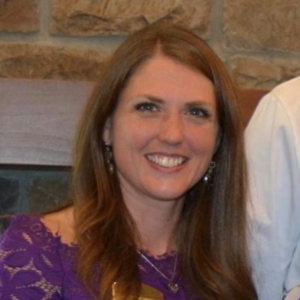Dance, dance, dance, dance for your brain
The groove is in the heart. And head, it seems.
Researchers found seniors who danced saw white matter improve in part of the brain related to memory and processing speed. A paper of the findings was published in the journal Frontiers in Aging Neuroscience.
“Older adults often ask how they can keep their brain healthy,” said Aga Burzynska, lead researcher and assistant professor at Colorado State University’s Department of Health Development and Family studies in a press release. “Dance may end up being one way to do that for the white matter.”
Burzynska and her team studied a group of 174 healthy adults between the ages of 60 and 79 who met three times a week for six months. Participants were randomly assigned to partake in one of four groups of activities:
- aerobic walking
- some aerobic walking and a daily nutritional supplement
- stretching and balance classes (an active control group)
- dance training.
Participants’ white matter was measured at the beginning and end of the six-month period using non-invasive diffusion tensor magnetic resonance imaging. Of the four activities, only dancing had a positive effect on the brain.
Researches saw participants who danced had a noticeable improvement in the fornix, part of the brain thought to play an important role in memory. Changes in the fornix have been linked to the progression of mild cognitive impairment to Alzheimer’s disease.
“Dance is more enjoyable than just walking in a gym,” said Burzynska, who is also director of the university’s Brain Aging: Intervention and Neuroimaging (BRAiN) Laboratory. “We are looking for things that people find enjoyable and captivating, and will continue doing.”
Burzynska speculates that dance training, because it incorporates exercise social interaction and learning, was taught by experienced dance instructors and involved choreographed and social group dances that challenged participants’ cognitive and motor-learning abilities. That means cognitive and social stimulation could be just as important as physical activity.

Nicole was Senior Editor at I Advance Senior Care and Long Term Living Magazine 2015-2017. She has a Journalism degree from Kent State University and is finalizing a master’s degree in Information Architecture and Management. She has extensive studies in the digital user experience and in branding online media. She has worked as an editor and writer for various B2B publications, including Business Finance.
Related Articles
Topics: Activities , Alzheimer's/Dementia











